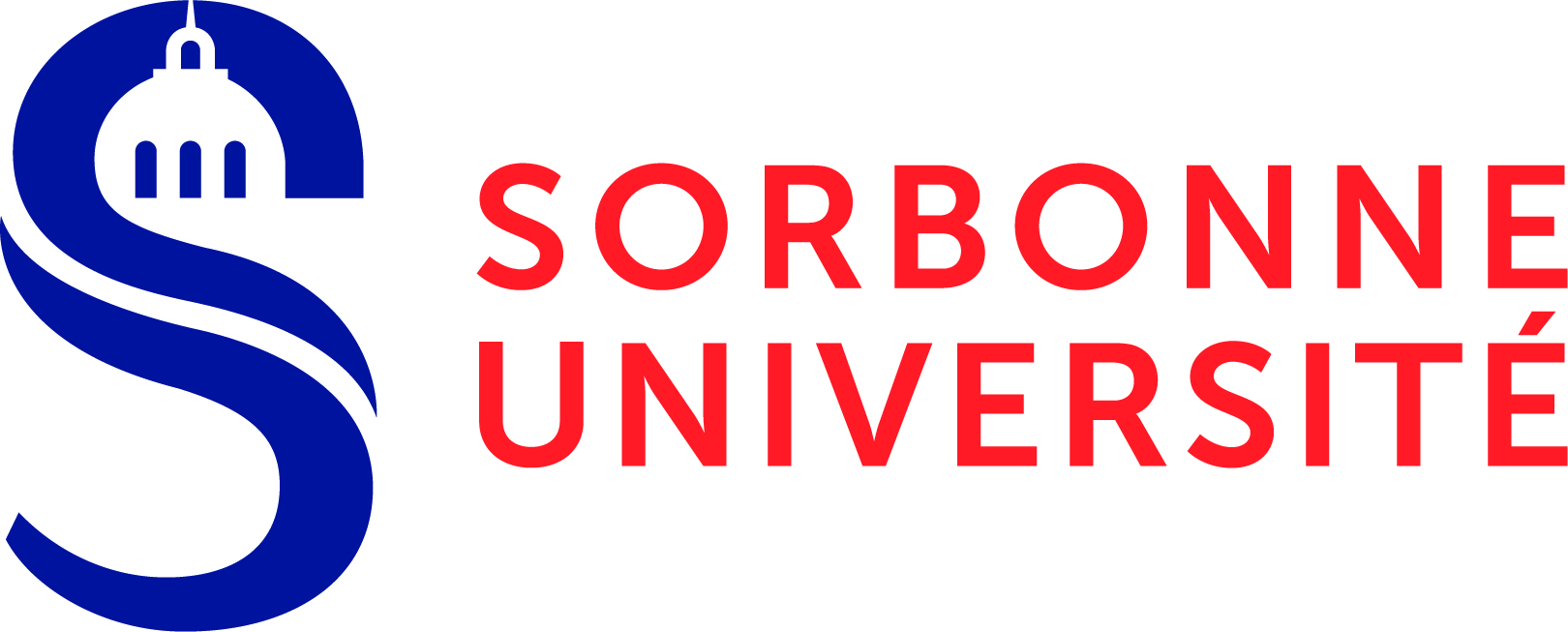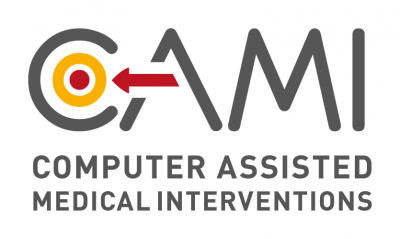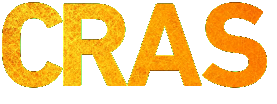CRAS 2023
The 12th edition of CRAS will take place at Campus Pierre et Marie Curie of Sorbonne University, in Paris, France.
Surgical robotics aims at improving surgical practice and its outcome, by providing the surgical team with new tools for improved safety, reproducibility, gestural performance and ergonomics. Millions of patients have benefitted from robotically assisted surgical procedures during the past two decades, with a recent explosion of market cleared systems for a wide variety of procedures, after years of a quasi-monopolistic situation dedicated to a very limited set of indications. Still a lot is to be done in terms of research, with three concurrent aims:
- extending the benefit of robot-assisted manipulation to new indications for a wider impact on health;
- simplifying concepts and devices to spread surgical robots to more clinical centers across the World – and not only in rich countries’ centers of excellence
- opening new possibilities to allow surgeons inventing new procedures, notably through miniaturization, minimal invasiveness, and partial autonomy.
In this 12th edition, communications are expected to relate advances in the following fields: virtual and augmented reality techniques applied to training, planning and assisted guidance; new techniques to introduce effective haptic feedback; new devices, technologies and procedures for less invasive surgery and to facilitate the execution of complex surgical tasks; and artificial intelligence for planning, guidance and autonomous operations.
Extended abstracts (2 pages) discussing new technologies for computer/robot assisted surgery are solicited.
CRAS 2023 is supported by CAMI Labex.
Discover the CRAS 2023 program
Find the CRAS 2023 proceedings
CRAS 2023 Invited Speakers
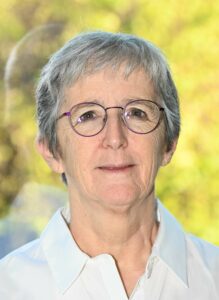
- Jocelyne TROCCAZ
CNRS research director at TIMC laboratory, Grenoble Alpes University
Jocelyne TROCCAZ is CNRS Senior scientist in the TIMC laboratory in Grenoble, France. She received a Ph.D. in Computer Science from the Institut National Polytechnique de Grenoble in 1986 and has been a teaching assistant from 1984 to 1988 of the Grenoble University. She is a CNRS researcher since 1988 and holds a position of Research Director since 1998. Until 1990, her activity was in the field of automatic robot programming for industrial and spatial robotics. She moved to Medical Robotics in 1990. Her research activity is about image-guided robotics and more generally image-guided assistance for diagnosis and therapy. She has tight collaborations with clinical teams of Grenoble University Hospital and La Pitié Salpétrière Paris Hospital and she brought significant innovations to several clinical domains (urology, radiotherapy, cardiac surgery, orthopedics, etc.). Thanks to transfer to industrial partners hundreds of thousands of patients, worldwide, benefited from technology and systems she developed.
From 1996 to 2013, she has been Director of the Computer Assisted Medical Interventions research group of the TIMC laboratory. She has coordinated the French Medical Robotic Platform Network (Robotex, program 2011-2020) and was responsible of the French Research Network about Computer Assisted Medical Interventions (2012-2025 program). From 2019 she is one of the two animators of a Chair CAMI Assistant in the MIAI@Grenoble-Alpes center for Artificial Intelligence launched in 2019.
She is fellow member of the MICCAI (2010) and IEEE (2018) societies. She was recipient of several awards: French Academy of Surgery award (2014), CNRS Silver Medal (2015), MICCAII Enduring Impact Award (2022). In 2016, she received the highest French decoration (Légion d’Honneur). She is member of the French Academy of Surgery since 2014 and of the French Academy of Sciences since 2022.
Title of the Talk : "AI-based navigation of prostate biopsy"
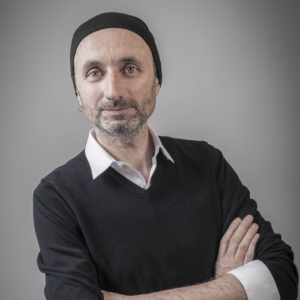
- Pierre JANNIN
INSERM Research Director at the Medical School of the University of Rennes (France).
Pierre Jannin is a INSERM Research Director at the Medical School of the University of Rennes (France). He is the head of the MediCIS research group from both UMR 1099 LTSI, Inserm research institute and University of Rennes. He was awarded the PhD degree from the University of Rennes in 1988 on multimodal 3D imaging in neurosurgery and the “Habilitation” (HDR) from the University of Rennes in 2005 on information and knowledge assisted neurosurgery.
He has more than 30 year experience in designing and developing computer assisted surgery systems. His research topics include surgical data science, surgical robotics, image-guided surgery, augmented and virtual reality, modeling of surgical procedures and processes, study of surgical expertize, surgical training and validation methodology in medical image processing. He authored or co authored more than 150 peer-reviewed international journal papers. He was the President of the International Society of Computer Aided Surgery (ISCAS) from 2014 to 2018 and the General Secretary from 2004 to 2014.
He was board member of the MICCAI society from 2014 to 2018. He is an elected MICCAI Fellow since 2018. He is senior member of the SPIE society. He is the Editor in Chief of Computer Assisted Surgery journal (Taylor&Francis). He is Deputy Editor for the International Journal of Computer Assisted Radiology and Surgery (Springer). He was President of CARS 2019 conference in Rennes (France) and Program Co-Chair of MICCAI 2017 in Quebec (Canada). He is co-founder of IPCAI conferences and was Co-General Chair from 2010 to 2016.
Title of the Talk : "Automation of surgical decisions and actions ? Towards intelligent and useful collaboration between human and machine"
Topic of Submission
- Machine learning and cognitive surgical robotics
- Registration, segmentation, modelling and data mining
- Synergies and clustering
- Motion compensation and active guidance
- Human-robot collaboration and shared control
- Workflow analysis and episode segmentation
- Surgical skill assessment
- Usability and user-acceptance
- Robotics in medical diagnosis
- Robotic systems in orthopedics
- Rehabilitation and assistive technologies
- Surgical training
- Tactile and haptic feedback
- Novel robotic hardware and sensors
- Variable stiffness robotic systems
- Interventional catheters
- Novel instruments
- Novel interfaces
- Standardization and regulation
- Surgery automation
- System integration
- Safety and dependability
- Robotics in Radiology
- Visionary works and roadmaps
Important dates
- Deadline for extended abstracts: Extended to May 31, 2023
- Notification of acceptance: June 30, 2023
- Deadline for final Paper Submission: August 15, 2023
- Deadline for early bird registration: July 31, 2023
- Regular registrations are always open also onsite
- Call for demos is open until:July 31, 2023
To propose a demonstration or to exhibit a product/prototype please email.
- Conference : September 11-13, 2023
Submission Guidelines
- 2 pages Extended Abstracts.
- A template can be downloaded here (docx or Latex).
- Please follow the template for your final paper.
- CRAS 2023 EasyChair Submissions through this link.
- A template for poster presentation can be downloaded here (pptx or Latex).
- A template for pitch presentation can be downloaded here (pptx).
